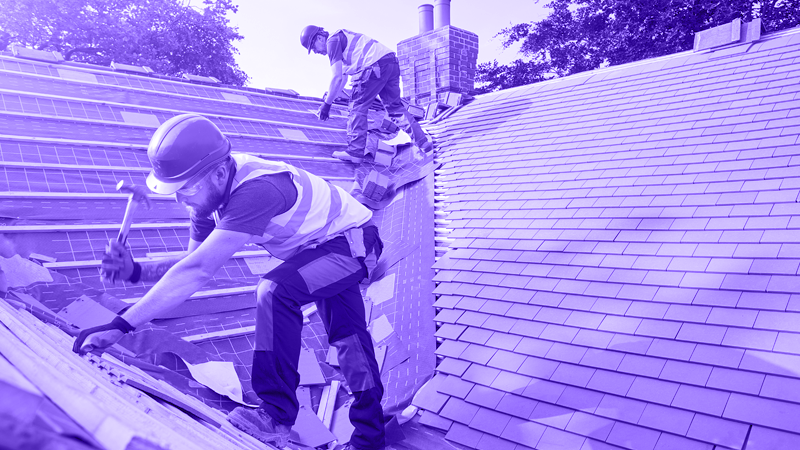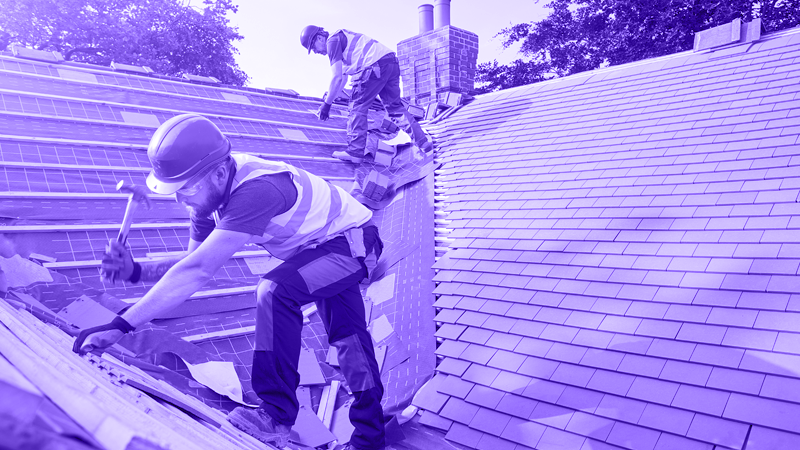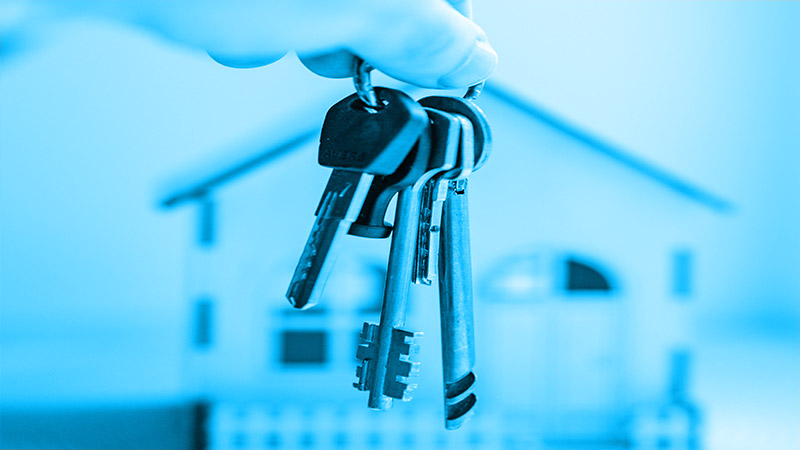The Bank of England’s Monetary Policy Committee (MPC) has recently reduced the base rate from 5.25% to 5% in an effort to help manage inflation and stabilise the economy. Although the base rate has seen a slight decrease, it remains high compared to the rates seen over the last decade.
These changes typically influence mortgage interest rates, affecting the overall cost of homeownership.
If you currently hold a mortgage or are planning to purchase a home, it’s important to understand how the base rate affects mortgage interest rates in the UK, as well as how to secure the best available rates in this fluctuating market.
What Are the Current Mortgage Rates?
Assuming a 75% loan-to-value (LTV), the latest figures show the average mortgage rate for a two-year fixed deal is now around 6.44%, while the rate for a five-year fixed mortgage deal is approximately 5.79%.
The standard variable rate (SVR) currently stands at 7.74%, and for a two-year variable mortgage with a 75% LTV, the rate is around 5.59%.
Lenders have adjusted their rates in response to the base rate changes, with some deals being pulled or adjusted to reflect the latest economic conditions.
If you are considering remortgaging, now might be a good time to explore available deals to avoid being impacted by further increases or missing out on favourable terms.
How Does the Base Rate Impact Average Mortgage Interest Rates?
The base rate plays a key role in determining mortgage, loan, and savings interest rates across the UK.
Tracker mortgages, which directly follow the base rate, will rise or fall in line with any changes made by the Bank of England.
However, fixed-rate mortgages remain unaffected in the short term, as the interest rate is locked in for the duration of the agreement.
If you are on a standard variable rate (SVR) or tracker mortgage, your payments may increase following any base rate hike, though the latest cut from 5.25% to 5% may offer some relief.
Fixed-rate mortgages provide stability in this environment, ensuring your rate won’t change during the fixed term.
Are Interest Rates Going to Increase Again?
While the base rate has been reduced slightly to 5%, there is ongoing uncertainty. The Bank of England aims to reduce inflation to its 2% target by 2025, which means interest rates may still fluctuate in response to economic factors.
For homeowners, this means that while interest rates might remain elevated in the short term, there could be opportunities to secure better mortgage deals, particularly as inflation stabilises.
What Should You Do If Interest Rates Increase?
To protect yourself from further rises in interest rates, consider switching to a fixed-rate mortgage. This will guarantee a consistent monthly payment, regardless of changes in the base rate. Locking at a fixed rate can provide peace of mind during periods of uncertainty.
Alternatively, if you are close to remortgaging, locking in a new rate now may allow you to benefit from the current lower rates, avoiding any potential hikes before your deal ends.
With the base rate fluctuating, it’s essential to keep an eye on interest rate changes and consult with a mortgage broker to find the best deals tailored to your situation.
Related quick help remortgage guides:
- Remortaging on maternity leave
- How soon can I remortgage?
- Shared ownership remortgages
- How long does it take to remortgage?
- How to remortgage for an extension?
A few actions you can take include:
Fix Your Mortgage
A fixed-rate mortgage can protect you from future rate rises and ensure your mortgage repayments don’t change because of interest rate changes.
A fixed-rate mortgage offers a fixed interest rate for a certain period, and you’re guaranteed to pay the same amount every month.
Fixed-rate mortgages allow borrowers to know exactly how much they pay each month without worrying about unexpected changes.
With rising interest rates and inflation still high, more interest rate rises are likely, resulting in higher mortgage rates that cause your monthly repayments to go up if you don’t fix your mortgage beforehand.
You can choose how long you want to fix your mortgage. Two-year fixes are cheaper and usually provide more freedom and access to the best rates.
They’re suitable if you want to switch deals regularly or are considering moving home soon.
Consider how long you want to commit to an agreement and whether your circumstances are likely to change soon.
Lock in a New Rate
You can lock in a new rate if you’re due for a remortgage in the next six months, then switch when your deal ends and avoid early repayment charges.
Most lenders set an initial lower fixed interest rate for some time as an incentive to encourage you to apply.
If you can get a new incentive period or deal at substantially lower rates than you currently pay, you can save money by remortgaging.
What Should You Do If Interest Rates Decrease?
If the interest rates decrease while you’re already fixed on your mortgage, you can miss out on the benefits of a lower rate.
A few actions you can take to ensure your options remain open include:
Fix for A Shorter Period
Fixing your mortgage for a shorter period is suitable if you suspect the interest rates or your situation will change soon.
It provides more flexibility and makes it easier to remortgage sooner if you want to switch to a new deal, especially if interest rates have been reduced by the end of the fixed term.
Choose a Variable Rate Mortgage
Variable-rate mortgages feature fluctuating interest rates that go up and down and are usually influenced by the BOE base rate.
A suitable type is a tracker mortgage, typically linked to the base rate, and any rise or fall has a knock-on effect on your interest charges.
You’ll benefit directly if interest rates fall, but you’ll also face higher rates if they increase.
Mortgage Rates Today Final Thoughts
Keeping up with changing interest rates can help you choose the best strategy to keep mortgage costs down now and in the future.
As the base rate and mortgage rates continuously change, getting expert advice from a mortgage advisor or broker with whole-of-market access can ensure you make an informed decision.
Call us today on 01925 906 210 or contact us to speak to one of our friendly advisors.
















